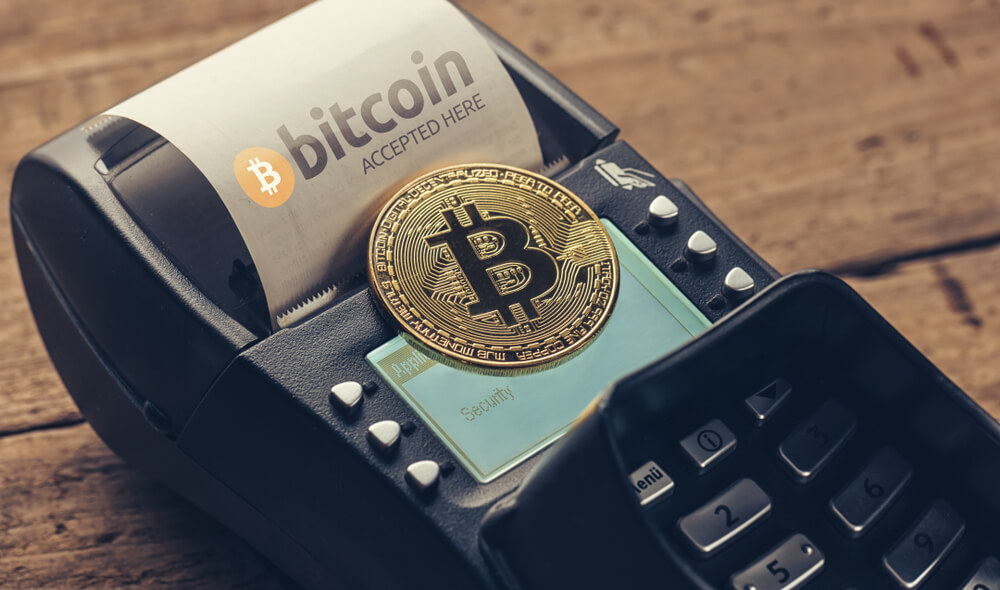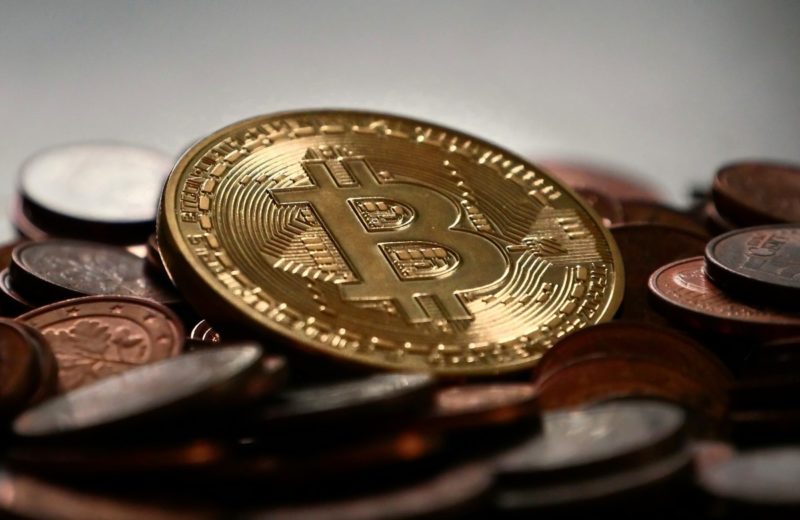The U.S. Securities and Exchange Commission (SEC) recently granted approval for the first U.S.-listed exchange-traded funds (ETFs), signifying a watershed moment for Bitcoin dominance. This regulatory milestone has far-reaching implications, from market dynamics to investor sentiment.
The Historic SEC Approval
After a decade-long effort, the SEC’s approval of 11 Bitcoin ETFs, including applications from major players like BlackRock, Ark Investments/21Shares, Fidelity, Invesco, and VanEck, represents a significant shift in the regulatory landscape. This move paves the way for broader institutional involvement in the crypto space.
Bitcoin ETFs: A Game-Changer for Crypto
The long-awaited Bitcoin ETFs offer investors exposure to the world’s largest cryptocurrency without requiring direct ownership. This game-changing development is expected to attract institutional investors, providing a substantial boost to the overall credibility of the crypto industry, which has grappled with various challenges and scandals over the years.
Projected Market Impact on Bitcoin Standard
Analysts foresee substantial inflows into Bitcoin ETFs, with estimates ranging from $50 billion to $100 billion in 2024 alone. This projection adds a layer of optimism to the crypto market, positioning it for potential mainstream adoption. The market capitalization of Bitcoin, standing at over $913 billion, reflects the growing significance of digital assets.
Factors Influencing ETF Success
As these ETFs enter the market, the competition for market share intensifies. Success hinges on various factors, with fees and liquidity taking centre stage. Issuers, including BlackRock and Ark/21Shares, have revised their fee structures, ranging from 0.2% to 1.5%. The battle for short-term speculators emphasizes the importance of liquidity in the evolving crypto landscape.
Bitcoin Profit: Immediate Market Response
Following the SEC’s approval, the newfound dynamics pushed Bitcoin up with a 3% surge, reaching $47,300. This positive market response underscores the significance of the ETF approval. However, the SEC faced challenges, including a false post on its X account and a briefly published but removed regulatory approval announcement. The incident is currently under investigation.
Industry Leaders Express Optimism
Prominent figures in the crypto industry express enthusiasm about the ETF approval. Grayscale CEO Michael Sonnenshein sees it as a transformative step, potentially democratizing access to Bitcoin. NYSE’s Douglas Jones views it as a milestone for the entire ETF industry, indicating a positive sentiment within the sector.
What’s Next: Bitcoin ETFs Debut in U.S. Markets
With SEC approval secured, Bitcoin ETFs are set to debut on U.S. markets run by NYSE, Cboe Global Markets, and Nasdaq. This marks a significant evolution in how investors can access Bitcoin’s price through conventional brokerage apps, making digital assets more accessible to a broader audience.
Bitcoin Dominance: Liquidity Measures and Expectations
Liquidity providers and market makers have prepared extensively for the ETF launch, ensuring a smooth and efficient market. With natural hedges in place, the industry anticipates dynamic and liquid trading. The transparent and regulated approach is emphasized as crucial in tracking Bitcoin’s price effectively.
Industry Collaboration: BlackRock’s Strategic Partnership
BlackRock’s strategic partnership with Coinbase, a major player in the crypto exchange space, highlights the collaborative efforts within the industry. The commitment to a long-term process and the integration of Coinbase Prime with BlackRock’s portfolio management tool indicate a maturing attitude toward digital assets.
The SEC’s approval of immediate Bitcoin ETFs is a monumental development that transcends the crypto industry. It opens new avenues for institutional investors, ensures Bitcoin dominance in the market, and sets the stage for broader acceptance of digital assets in traditional financial markets.
















